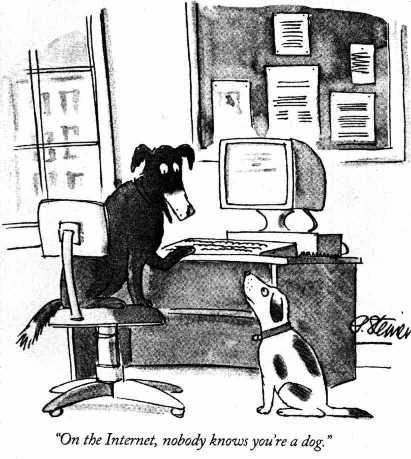In this new media age, it is important to develop informal and formal networks for the benefit of one's career. It may not be everyone's style but it is certainly easier now with websites such as Linkedin which enables academics to connect with prospective employers. There are also a number of groups within universities that are specifically formed for students to network with professionals in their field. With all these tools available to us, it would be unfortunate not to take advantage of it.
 | |
| Networking Image from http://diversitymbamagazine.com/high-impact-networking |
Gill (2001, 25) states that "informal networks are the lifeblood of new media work." I certainly agree with this because the people you meet at university and work functions can provide you with many opportunities in the future. A friend of mine worked at a cafe for a few years when a customer offered to help her get a job at a bank. He was able to guarantee her an interview. This shows that anybody can be your stepping stone to a better career, whether or not you have met them formally or informally. In the walkmyownpath blog on May 2, 2011, it says,"getting your foot in the door by making the right connections is undoubtedly the best skill you will ever learn." You could be very talented but without a proper network, you won't get far.
References
Gill, R. 2001.Technobohemians or the new Cybertariat? New media in Amsterdam a decade after the Web. Amsterdam: Institute of Network Cultures.
Rickard, David. 2011. "The most important economy doesn't deal with money," walkmyownpath, May 2. Accessed May 2. http://walkmyownpath.wordpress.com/author/walkmyownpath/


